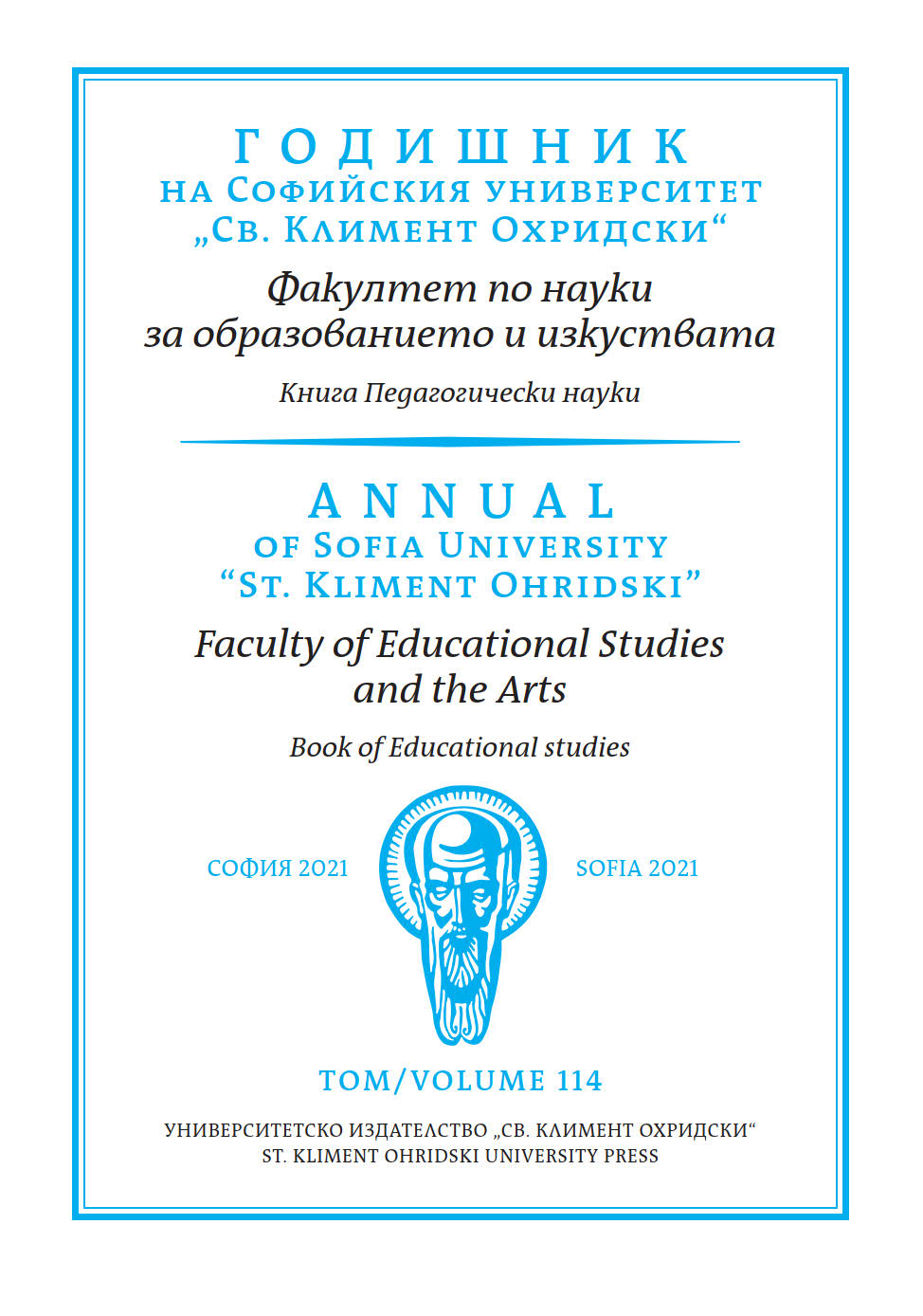PARENTAL INVOLVEMENT: TYPES AND EFFECTS
Keywords:
parental involvement; parental participation; parental engagement; parentschool partnership; disadvantaged students; effectiveness; meta-analyses; review; effect sizeAbstract
The achievement gap of disadvantaged students has always been large, and is still widening. Even more now, during the Covid-19 pandemic. Parental involvement is seen as an important strategy for closing this gap. The ultimate objective is to expand the academic and social capacities of students, especially those of disadvantaged backgrounds determined by ethnic minority/immigrant origin and low socioeconomic status. This article focuses on possible roles of parents in education and aims at answering two questions: (1) What types of parental involvement can be discerned? and (2) What are the effects of parental activities on their children’s attainment? To answer both questions, a review of the literature was conducted, and a synthesis of the results from twelve meta-analyses was performed. The review pointed to a considerable diversity in parental involvement typologies, classifi cations, roles, forms, and activities. Nevertheless, they can be ordered along the lines of just a few perspectives, namely locus (at home/at school), style (formal/informal), action (active/passive), and actor (parent/student/school). From the synthesis of the meta-analyses it can be concluded that the average effect of involvement on attainment is small. In addition to many positive effects there are also substantial numbers of null and even negative effects. The type of involvement with the strongest effect appeared to be parents having high aspirations and expectations for their child. No differences in effects of involvement on attainment according to ethnic/immigrant and social background could be established. Prudence is called for, however, as there are many limitations to studying parental involvement in a reliable and valid way.





